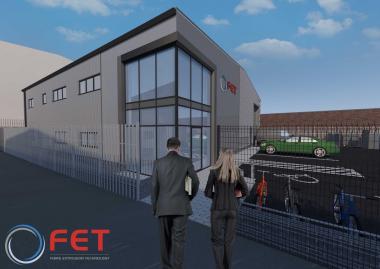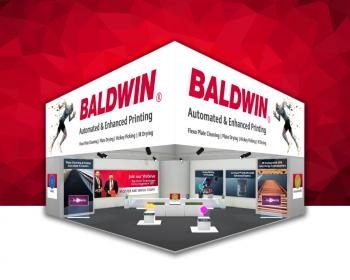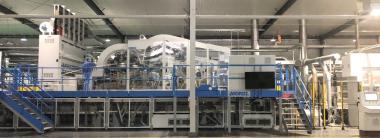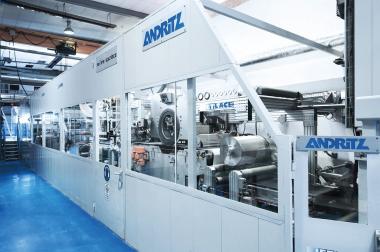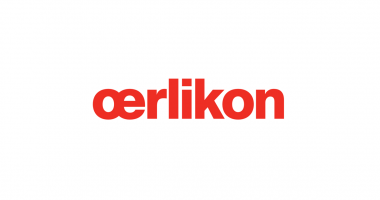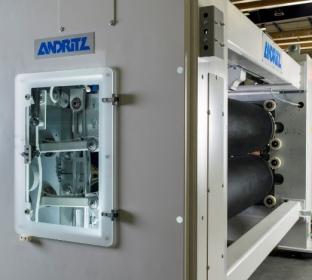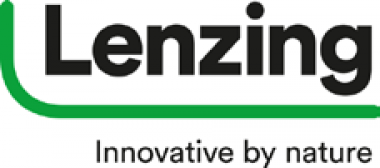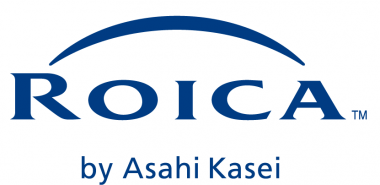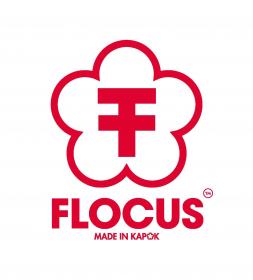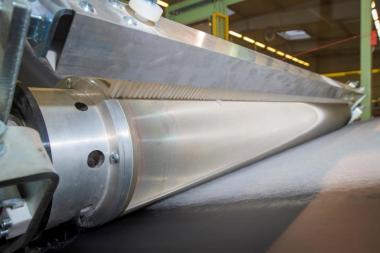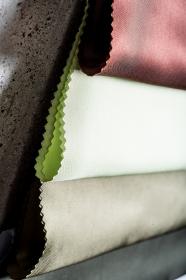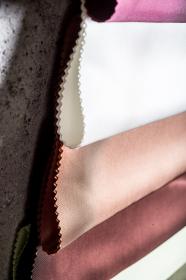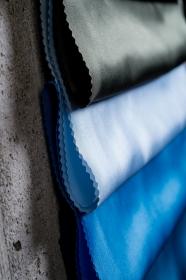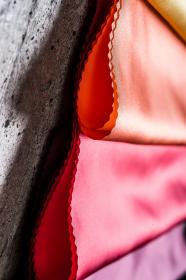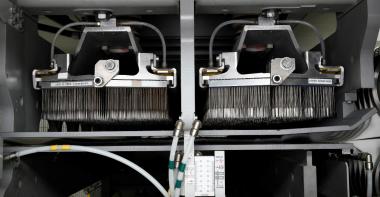FET new premises to enable expansion drive
Fibre Extrusion Technology Ltd of Leeds, UK has now commenced construction of a new purpose-built Research & Development Centre to enable continued growth through innovation. This modern two-storey development will be situated on the adjacent site, providing state-of-the-art facilities, including a Visitor Centre and enhanced Process Development Laboratory (PDL) for client testing and product development. Central to FET’s success has been its ability to provide customers with advanced facilities and equipment, together with unrivalled knowledge and expertise in research and production techniques. The new expanded premises will further improve this service.
Clients frequently spend several days on site participating in development trials and technical sales meetings, so the Visitor Centre is designed to make their stay more efficient and comfortable. Sales, administration and design departments will also be housed in the new building.
The addition of the Visitor Centre will free up a considerable amount of space for production and other facilities in the existing premises. This major refurbishment phase for the existing premises is scheduled for completion at the end of 2021. As a result, FET’s manufacturing capacity will increase by more than 50% to cope with customer demand.
Substantial year-on-year growth has driven this initiative and FET’s current order book in excess of £10million has provided the opportunity for equipping the company infrastructure for the future. Sustainability has been at the forefront of FET’s growth, supporting customers in their development of sustainable textiles and this principle is reflected in the choice of building materials and products for the Visitor Centre wherever possible.
It is expected that the new Visitor Centre will be opened in the first quarter of 2022.
Project Marketing Ltd


